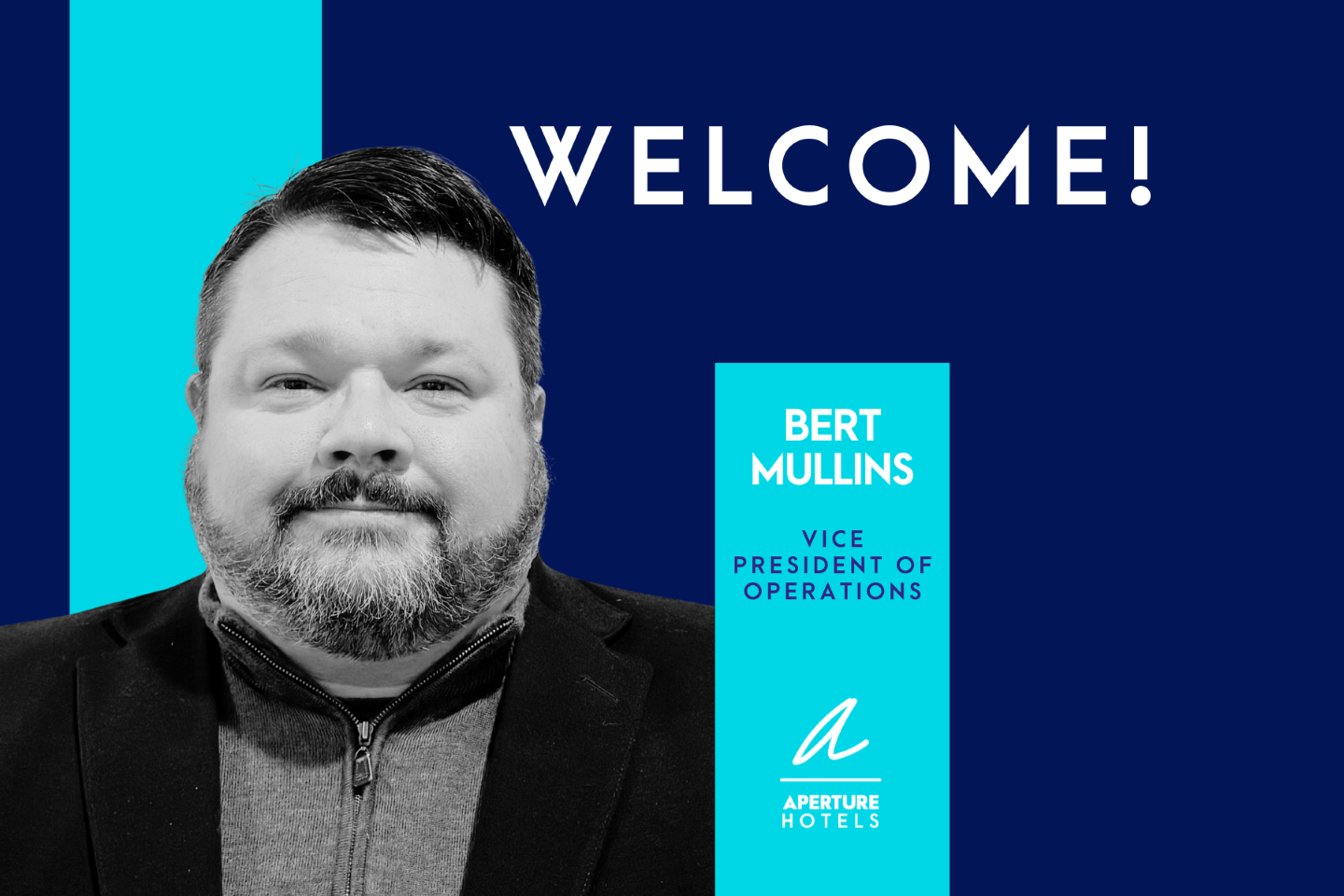Q: How did you first get your start in hospitality?
Andrew Reichert: My first job in the industry was as a night auditor at a Best Western in Rapid City, South Dakota. I was in college at the time, and it was a great gig—especially for a night owl like me. Even on a busy night, I could finish the audit in a few hours and spend the rest of the shift studying. In the winter, it was quiet enough that I could complete everything in fifteen minutes.
Q: That’s quite a way to begin. How did that lead to your current role?
I eventually moved to Tucson, Arizona, where I began auditing food and beverage services on weekends for a resort. That led to a position in the IT department, and then to a hybrid IT and general cashier role at a Sheraton. Later, I returned to the same resort—Westin La Paloma—as an accounting manager and then moved into an Assistant Director of Finance position. I’ve also worked at the Omni Tucson National, Shore Lodge in Idaho,and Atrium Hospitality, where I grew from corporate manager to director. I joined Aperture two years ago as Senior Vice President of Hotel Accounting.
Q: That’s a fascinating journey. What would you say to someone just starting in hospitality who wants to move up?
No matter how small your role is, take pride in what you do.The hotel is like a living organism; every department is interconnected. If you want to move forward, you need to break out of what I call an “hourly mindset”and adopt a more “salary mindset.” That means going the extra mile, taking ownership, and supporting the team, not just clocking in and out. Talent and hard work get noticed.
Q: What are a few guiding principles that you live by?
Integrity is number one. You can spend your whole career building a reputation and lose it with one bad decision. I believe in being honest, even if it means owning a mistake. Also, if you see something unethical or illegal, speak up. And when it comes to communication, especially via email,think twice before hitting send.
Q: What’s a lesson you had to learn the hard way?
Early in my career, I applied for a supervisory position at a mortgage company. I didn’t get it, and at the time, I was frustrated because I thought being the fastest worker was enough. However, I later realized that leadership requires a broader perspective. That experience taught me to shift from an individual contributor mindset to thinking about the bigger picture.
Q: Who’s had the most influence on your career?
Mark Krieger, a former director of finance and now my mentor. He promoted me years ago and has stayed in touch ever since, always checking in and offering advice. He’s someone who truly cares about the people he’s worked with, and I’ve tried to model that in my own leadership.
Q: If you weren’t in hospitality, what would you be doing?
I think I’d enjoy trading stocks. I love the analytical aspect—digging into data, spotting patterns, solving puzzles. It’s the research side that draws me in.
Q: Where would you go if you had a free plane ticket and unlimited travel budget?
Definitely Japan or the Philippines. My wife is from the Philippines, so she’d love to visit family. She also spent a lot of time in Japan and wants to show me the castles, the food, the vending machines—you name it.
Q: What book has had the most significant impact on you?
On a personal level, the Bible. From a business standpoint,The Leadership Challenge stood out to me. It breaks leadership down into five key practices, and the one that resonated most was creating a shared vision.It’s easy to get caught in day-to-day operations, but people need to know where they’re headed and why the work matters.
Q: How do you define “vision” as a leader?
For me, it’s about defining what we’re working toward and connecting that to tangible results. It’s not just saying “let’s be the best;”it’s about painting a picture of where we’re going and why the short-term pain,like a system transition, is worth it for the long-term gain.
Q: Okay, last question: What’s the craziest thing that’s ever happened to you in a hotel?
Back in my night audit days, I once had the fire department show up at 2 a.m.—alarms blaring, fire trucks everywhere. Turns out someone had passed out in a full bathtub with the water running. It overflowed, flooding the room and triggering the fire panel. We found him still asleep while water poured down. My manager charged the guest's card for the damages the next day.



